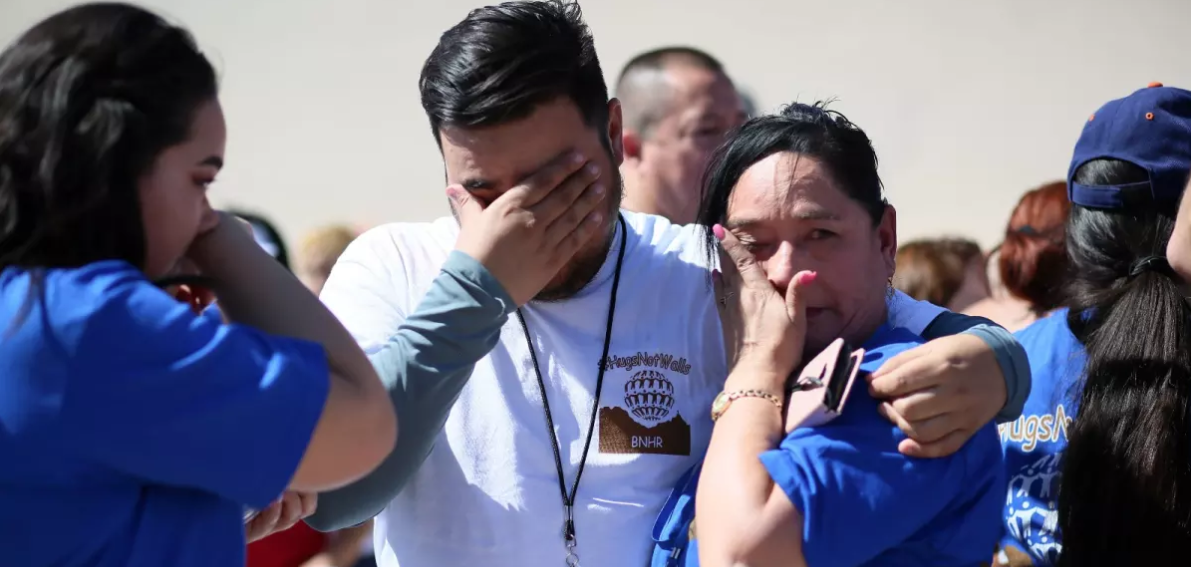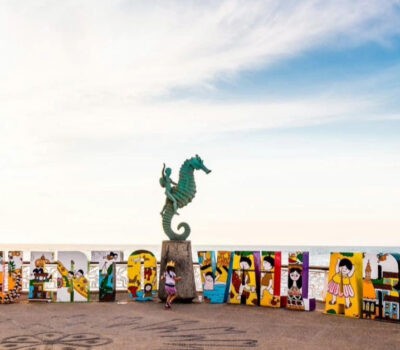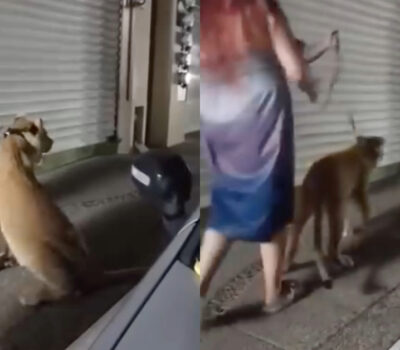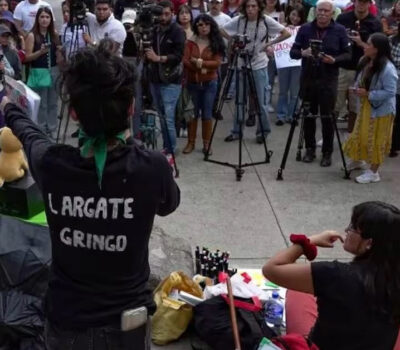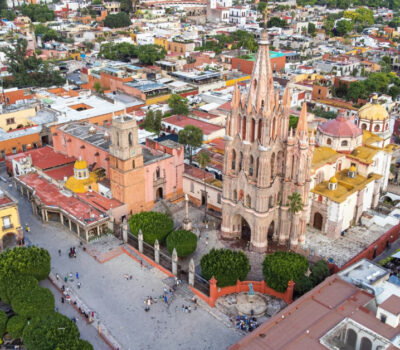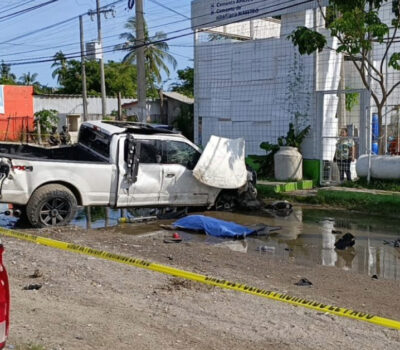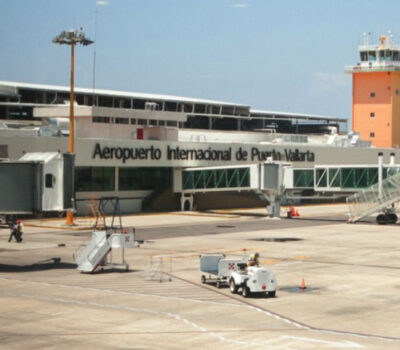For three minutes, Marcelino Pizarro embraced members of his family at "Abrazos no muros" that he had not seen since he crossed the fence that stands on the border between Mexico and the United States six years ago.
The undocumented immigrant was at an event . . .

